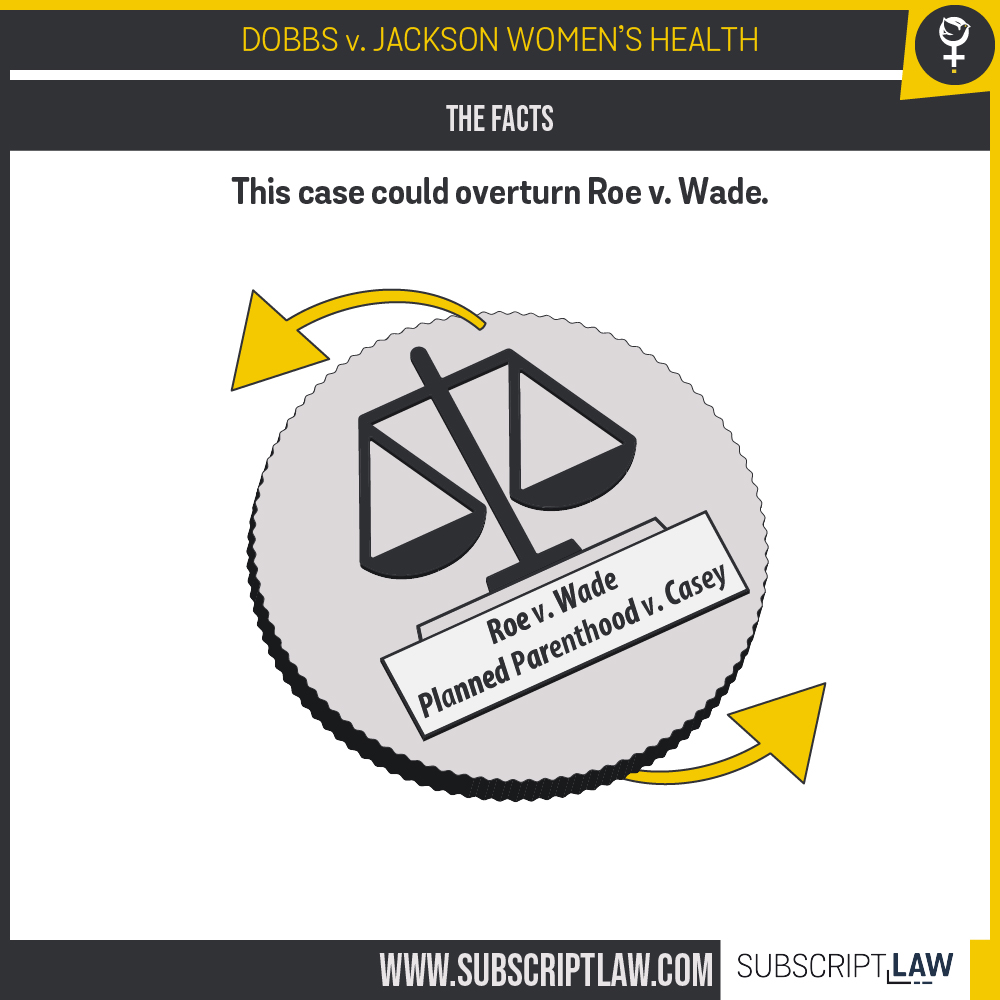I couldn’t have ever sympathized with supporters of the death penalty until a close friend of mine was murdered. I spent a summer in Karachi, Pakistan, and this friend was the kindest individual I came across in the entire country. He was one of the few males that treated me as an equal. I knew this because the first day I met him, he offered me a cigarette – something none of the other male lawyers that I worked with ever considered.
I would not have lasted the summer in Pakistan without Fahim. He was my best friend there and my lifeline. Two years later, not long after catching up with him over Skype, I was sent an article with the story of his murder.
I am still probably against the death penalty in nearly all circumstances. But when Fahim was murdered (a disgusting incident involving drugging and strangulation), for the first time I could imagine someone so sick to be deserving of murder by the state.
Why does murder by the state make me cringe? There is something about the process: that deciding whether someone lives is based on an amalgamation of a set of rules; that the sentenced person is in a state of knowing and expectation of the end of his own life; that a person on death row has already been stripped of dignity to the fullest extent, even before the final act.
If you want to think more about stripping of dignity by the criminal justice system, read Michel Foucault. He philosophized that getting rid of corporal punishment just moves the scarring by the state off of the body and onto the soul.
Our report this week is strictly legal: the law relating to the death penalty. How does the American Constitution intend to incorporate dignity for those convicted of the worst crimes? In this country, criminal prosecution is traditionally the responsibility of the states, and state laws govern most criminal cases. Though much less frequently used, the federal government also engages in the death penalty (for federal offenses). The courts are responsible for keeping sentences in line with changing standards of dignity.
See it all described in this week’s report. Feel free to put your thoughts in the comments section.
View the report on the death penalty.
Photo credit Edwin Young.





